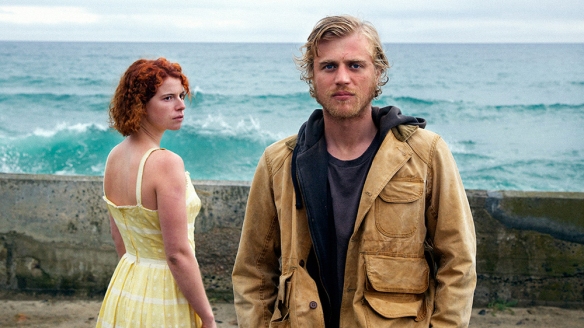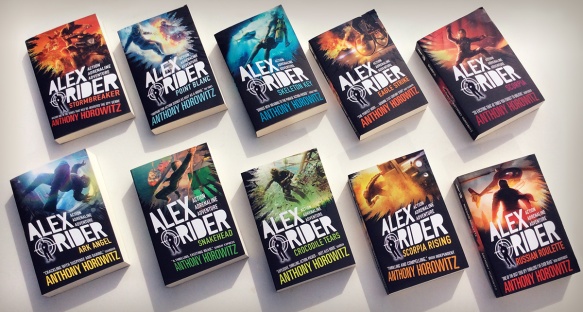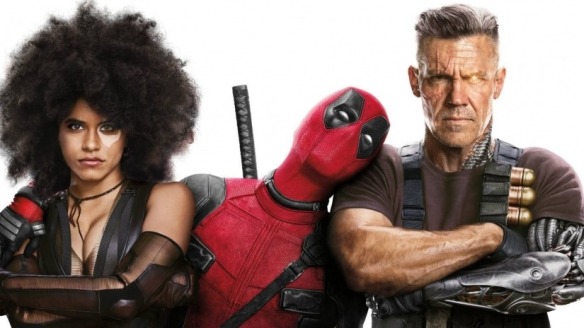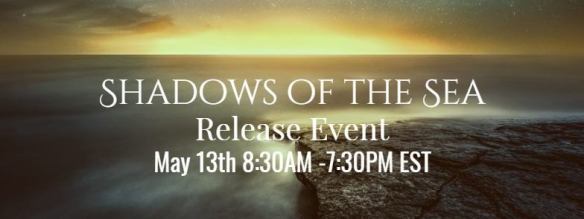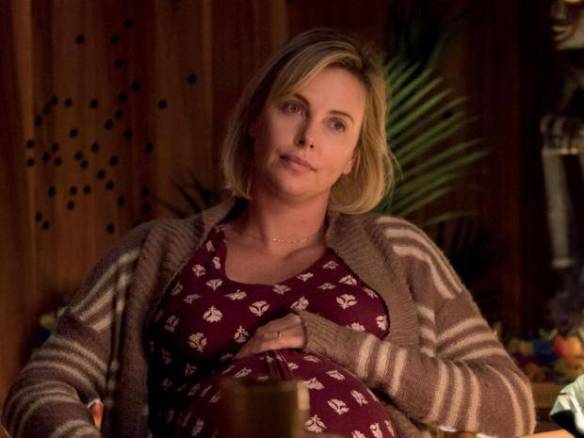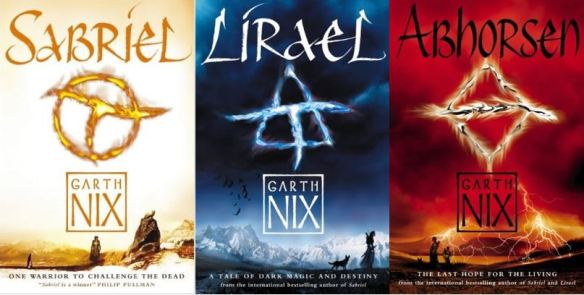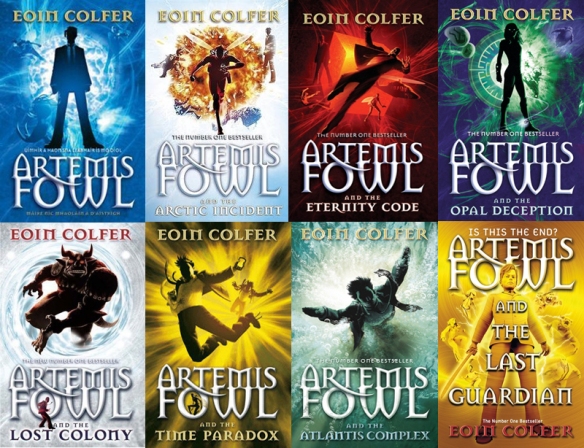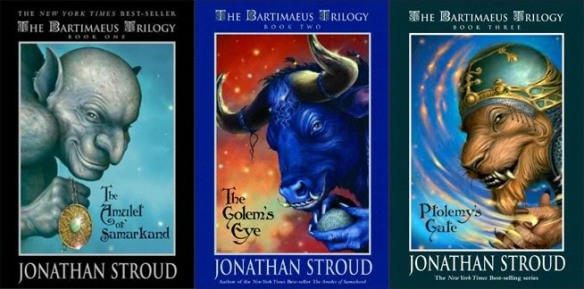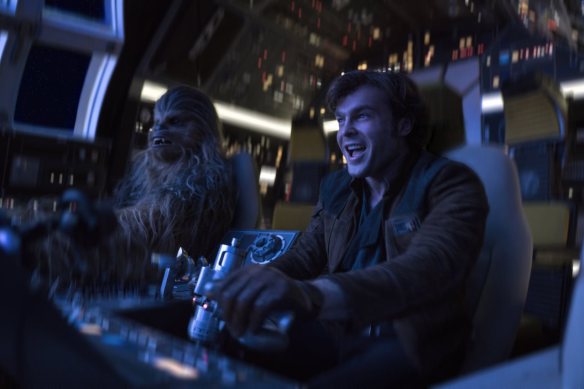
Have you ever wondered how Han Solo got his blaster? How he met Chewbacca? Or exactly how he made the Kessel run in less than twelve parsecs? Me neither. Yet Solo: A Star Wars Story gives us the answers to these not particularly pressing backstory questions in a film that is surprisingly entertaining, given its troubled production history.
The main problem in any film about Han Solo that doesn’t star Harrison Ford will be that it doesn’t star Harrison Ford. Like Clint Eastwood’s Man with no name, the role is so completely actor dependant that for anyone else to take the role risks tarnishing the screen legacy of an absolutely iconic character. It is therefore something of a miracle that Alden Ehrenreich is very appealing playing a younger iteration of Han, who we meet during his troubled early adult years on an industrial hellhole planet run by the Empire. Here he dreams of becoming a pilot, having a ship of his own and running away with the girl he loves, Qi’ra (Emilia Clarke). An early escapade separates them, and Han goes off to become an Imperial pilot, quickly flunking out of the Empire for “having a mind of his own”, whilst Qi’ra’s fate remains unknown. Along the way he falls in with a gang of mercenaries, convincing them he can help pull of a dangerous heist. And yes, we get to find out how he obtains the Millennium Falcon, meets Chewie, Lando Calrissian and so on.
Safe-pair-of-hands Ron Howard took over the production after original directors Phil Lord and Christopher Miller were fired. He reshot around seventy percent of the film, and it is to his credit that the film doesn’t appear to be damaged goods. It zips along at a fair clip, thanks to a fun screenplay by Lawrence and Jonathan Kasdan which deliberately plays like The Good, the Bad and the Ugly in space.
Supporting performances are decent, with Paul Bettany quite good on villain duties, Donald Glover proving a scene-stealing Lando, and Woody Harrelson’s sort-of mentor figure for Han adding a tiny bit of depth to a film that generally lacks the substance of the main Star Wars episodes. The relationship with Solo’s conscience Chewbacca (here played by Joonas Suotamo) is also nicely handled, and a scattering of other amusing elements stand out amid the melee of action scenes, aliens, monsters and visual effects. Phoebe Waller-Bridge’s droid blithering on about equal rights, for instance. Oh, and John Powell collaborates with the legendary John Williams on music scoring duties, to largely satisfying effect.
All things considered, there is plenty for the eye and ear in Solo: A Star Wars Story. It’s a fun space adventure for all the family – as long as you don’t go expecting too much from it, and can overlook one or two rather pointless surprise twists that are transparent sequel leads (should the film make enough money to warrant them).



